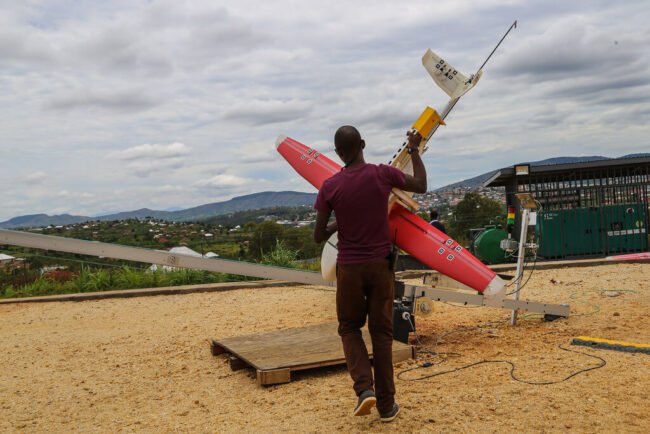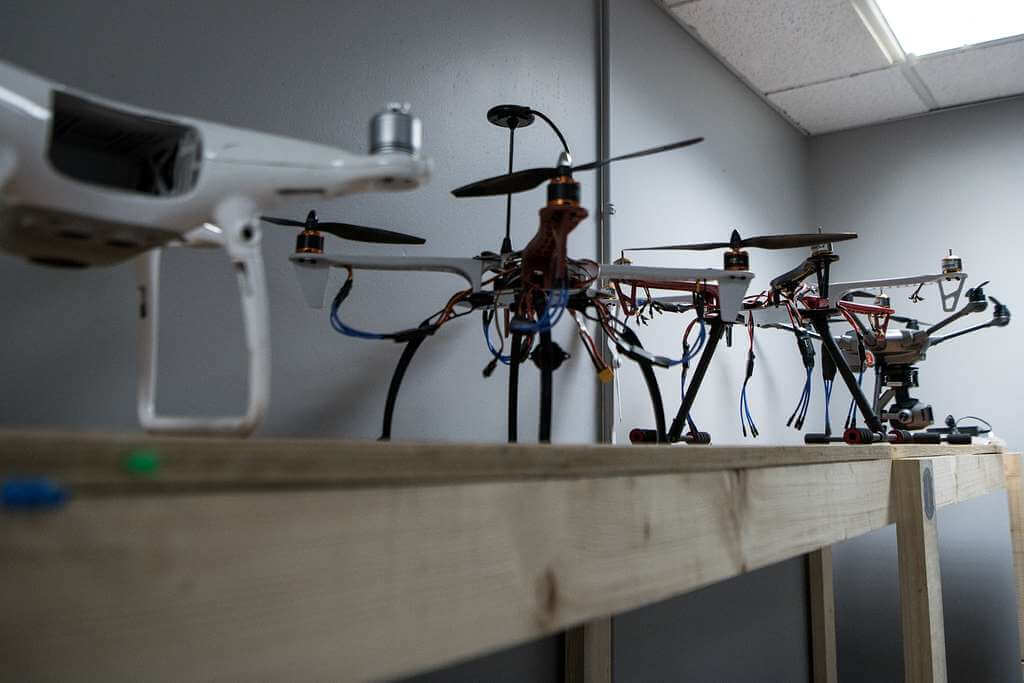In this era, the biggest application of drones in the medical field is fast and quick delivery of blood and products related to it. Actually, it revol
In this era, the biggest application of drones in the medical field is fast and quick delivery of blood and products related to it. Actually, it revolutionized the healthcare industry and its impact on humans regarding life savings. Drones are actually pilotless flying machines, controlled via remote or by another medium, this technology blog comprises all up-to-date information about the impact of drones technology in the medical field.
Transformation of Healthcare Sector by Drones
The medical sector includes medical devices, pharmaceuticals, lab tests, blood sampling, and testing. In this field, quickness matters a lot because it is a matter of life. Actually, fast medication is very important in rural and far-flung areas, to cater to this huge problem worldwide, drones are used as a transportation medium. By using this technology, a revolution occurs in the healthcare sector.
Transportation of blood products and hazardous material:
In this world, there are specific Sop’s for the transportation of hazardous material, because their safety is very important. This is not necessarily a use case that fulfills an unmet need for the medical industry, because clearly, it is already being done, however, in many cases, it is very expensive and, in some situations, it is time-critical.
If the transportation of blood is done via trucks or rough roads, vibrations in the blood cause damage. In addition, blood is temperature-sensitive, so you have to transport it from point A to point B within a certain temperature range. Congestion in cities can also cause many problems to transport these products in a smooth and timely manner.

Delivery of medicine and Vaccine:
For life-saving medications and vaccines Drones can increase the accessibility to, and speed of delivery. A helicopter delivered children’s vaccines three years ago in Vanuatu, an island state in the Pacific. Now, Healthcare sectors are preparing the delivery of COVID-19 vaccines in Africa and Southeast Asia.
We’re in the pioneering days of using drones for medical delivery. There is a lot being learned, a lot being tested, and it will evolve rapidly over the next 10 months.
Fast Diagnostics by using Drones:
Drones are in diagnostics is one of the biggest use cases. Diagnostic tests are actually, time and temperature-sensitive, so when a sample is taken from a patient, it has to be sent to the lab and the test must be performed within a specific timeframe, which may be as short as 2 hours. This is where the disconnected communities come into play and where an emerging and growing opportunity for drones lies.
Not every hospital, clinic, or even pharmacy has the same diagnostic tests readily available, so it is fairly common for couriers to be sent back and forth between healthcare system structures and campuses. A drone can fly fast and far and carry quite a significant payload, helping overcome the time pressure to perform a diagnostic test.
Medical devices transportation by using Drones:
The other legitimate use case for drones is for small medical devices like automated external defibrillators (AEDs). Some companies have asked if our drone can go from the hospital, or from the emergency medical services, to an accident or disaster site to deliver AEDs or other kinds of small medical devices. The answer is yes, however, the aviation regulators will not allow this yet, but, the time is surely coming.
Transfer of vital Organs by using Drones:
Due to the limited time window to move organs from donor to patient, often between 4-36 hours depending on the organ type, the need for ultra-fast transportation, like private jet charter or helicopter is imperative. Drones have the ability to make organ delivery faster, safer, and more cost-effective.
While the use of drones to transfer organs is a legitimate use case, it may require another year or two before this can be done effectively. There are companies doing this now, but they are mostly in the testing phase.
